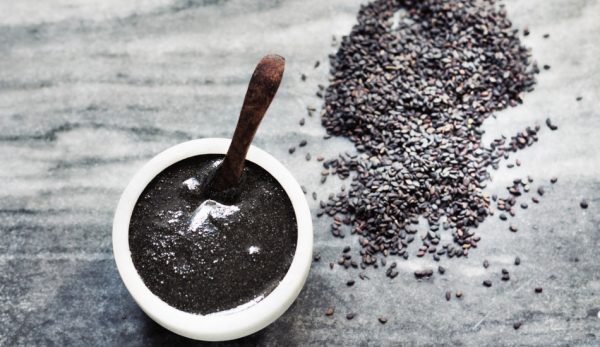Self-improvement or personal development is a goal you set to improve your status, knowledge, or character through your effort. Almost everyone wants to improve their self-worth, recognition, and respect in the modern, fast-paced era.
Even if you haven’t read any self-help books, you’ve heard of truisms like “be yourself” or “let go” in your workplace or social interactions. But what is the origin of self-help? Do these self-improvement truisms work? Do self-help books, podcasts, or seminars help you improve your emotional and mental fortitude?
Interestingly, the notion that we can improve our “self” is an ancient phenomenon. Self-improvement goes as far back as ancient China. And recently, Anna Katharina Schaffner, in her book The Art of Self-Improvement: Ten Timeless Truths, explores the evolution of self-improvement through ages and across cultures. She shows us how and why time-honed self-help models still resonate with us after millennia.
As an introvert, Anna has been interested in psychology and self-improvement all her life. In addition, she is a cultural historian interested in what has changed and what has remained constant in personal development.
So, what’s the difference between ancient self-improvement wisdom and modern self-help wisdom?

Modern ways of self-improvement
Today, self-help is a multi-billion industry and mainly a profit-making venture. This is a far cry from what the ancient sages, theologians, and philosophers envisioned regarding self-improvement.
In the mentioned book, Anna notes that our concept of self-help has changed from the ancient notion of self-improvement. She notes that self-improvement and self-help are two different concepts. Modern self-help mainly focuses on true potential, self-esteem, or personal effectiveness. It’s more about building people’s personalities rather than virtues and character.
Today, people have become more self-centered because of unlimited interconnectivity, equal opportunities for growth (real or perceived), and narcissism, among other factors. In addition, more and more people feel entitled to celebrity status and power. As a result, psychiatrists have seen an upsurge in depression, anxiety, and other mental issues.
In an interview with Dr. Badrinath Nao, Professor at Kettering University, Anna says, “In the twentieth century, the emphasis shifted from being good in an ethical prosocial sense to becoming good, or rather, better at something in a more competitive sense…We are in no way like machines and to model our self-help technologies on machine-like entities is damaging.”
Ancient ways of self-improvement
Most ancient values, especially ancient Chinese ways of self-improvement, offer more robust courses for personal growth. These values have stood the test of time and focus more on self-cultivation and continuous development than instant transformation.
Past self-improvement techniques were virtue-based, focusing on values such as humility, altruism, courage, mindfulness, and perseverance. More interestingly, these values weren’t seen as a means to an end but as the ultimate end. It would be best if you didn’t become humble or generous to get a promotion or social media clout. Instead, you should strive to be humble, kind, or simple because it’s your nature.
Anna says the ancient mindfulness technique offers one of the most significant values of self-improvement. It’s about living in the present moment, the here and now. It may sound easy, but it’s one of the hardest things to do. Meditation is the art of “being in the present on purpose.” But our minds are continuously battling with our past and future and the escape they offer us in place of our present lives. And thinking about the present and nothing but the gift is one of the hardest things to do.
Ancient philosophers and sages, both Chinese and Western, such as Lao Tzu, Confucius, Buddha, Aristotle, Kant, and Rousseau, among others, believed that we should improve ourselves. They may offer different ways to do it, but it shows our passion for self-improvement goes far back in history.

How to improve yourself
In her book, Anna identifies ten core elements in all self-improvement wisdom throughout the ages. They include
- Know yourself
- Control your mind
- Let it go
- Be good
- Be humble
- Simplify
- Use your Imagination
- Persevere
- Mentalize
- Be present
But she says most modern self-help advice is diluted and profit-oriented. Most modern ‘gurus’ know that most people want quick-fix self-help remedies for their problems — and millions of books offer precisely that.
Not all modern self-help books are useless, but most good ones are lost in profit-oriented material. Luckily, we can turn to our ancestors and ancient wisdom for self-improvement. These ancient philosophies may require a slow, “kaizen-like, and prosocial mindset, but they offer the most satisfaction in the end.









